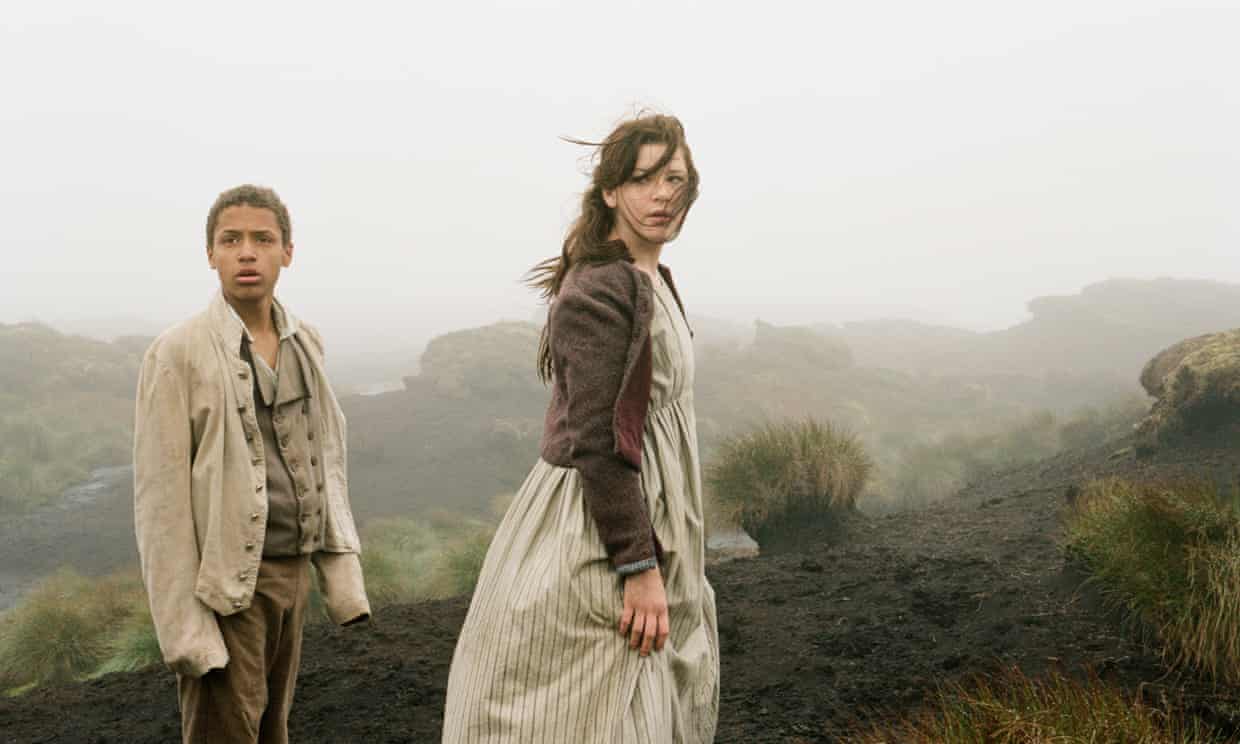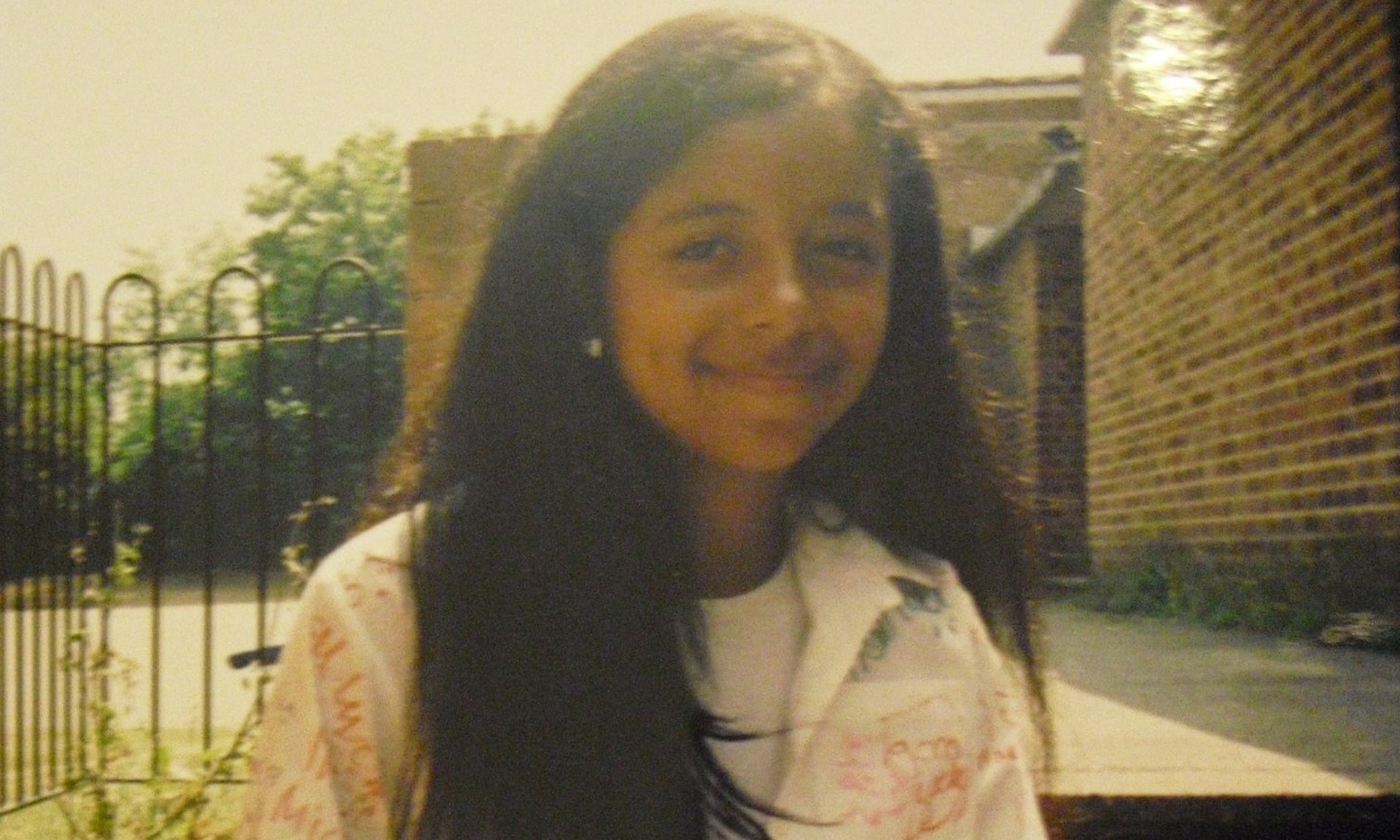Shedding my whiteness is a work in progressPosted in Articles, Autobiography, Identity Development/Psychology, Media Archive, United Kingdom on 2017-09-17 02:58Z by Steven |
Shedding my whiteness is a work in progress
The Guardian
2017-09-16
 Georgina Lawton … ‘In my family, whiteness has been assumed as default.’ Photograph: Alicia Canter for the Guardian |
A white identity was constructed for me 25 years ago and unravelling it feels like a Sisyphean task
My black side and my Irish side compete for recognition within me, like two separate flames of a fire, dancing around each other, fighting to shine the brightest. Take the other night in London; I was out for a drink with a friend from school when we heard the melody of Irish accents from a group of guys close by, and chimed in to chat. Later, a British-African guy overheard part of the exchange and bemusedly declared that “the Irish men love black women!” Looking decidedly sheepish, the Irish lads asserted that I was Irish, to which the black guy replied, “No – she’s black.” I pretended not to hear and went to the toilet, leaving the projected shadows of who I am and who others think I am, dancing on the walls behind me.
Outside my immediate family, my blackness has been obvious and non-negotiable, but among some of my Irish family, it is up for debate or ignored entirely. A white identity was constructed for me 25 years ago and now unravelling this construct – and asking some of my Irish family to unravel it with me – feels like a Sisyphean task. Shedding my own psychology of whiteness is a work in progress, but when I am back in Ireland it’s easy to revert to default because that’s all we know…
Read the entire article here.






